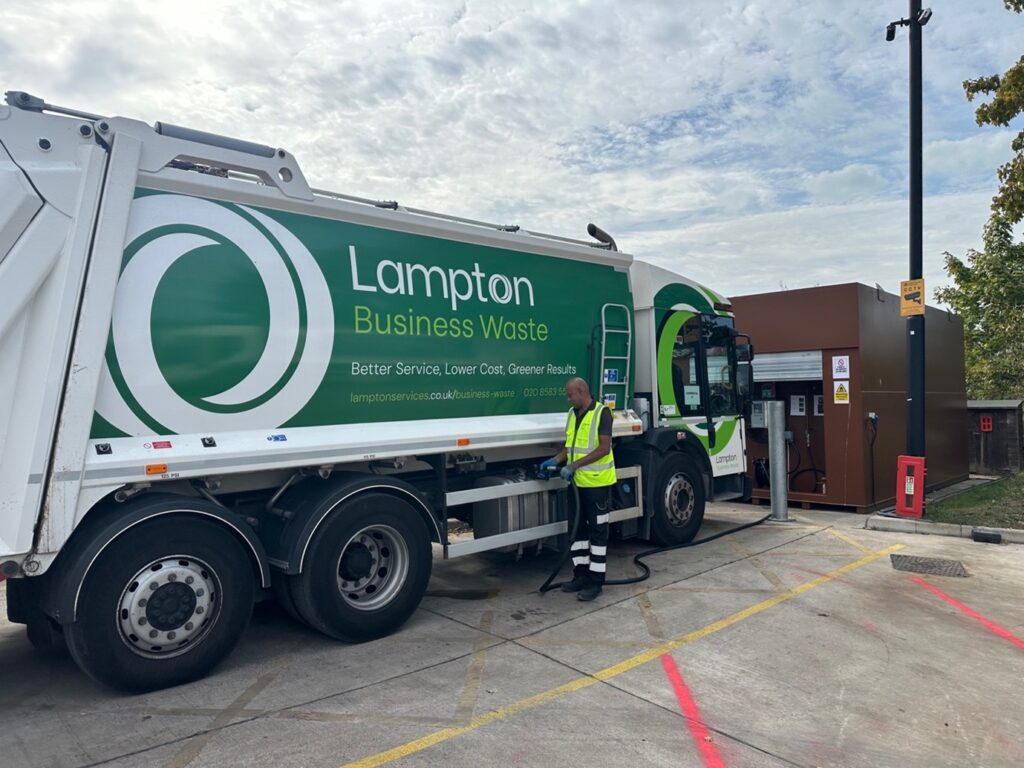The trend has been identified in a key review released by Defra this week. Carried out by consultants AEA Technology from November 2004 to March 2005, the review will help Defra formulate its policy on the use of financial “carrots” to reward householders for recycling their waste.
The study suggests that while voluntary incentive schemes – community rewards or charity donations – are currently the most common forms of incentives used by councils, their use looks set to decline in favour of financial incentives. These financial incentives – rewards that financially affect householders themselves – are seen as offering “greater and faster success”.
Information from 211 English councils that are already using – or are intending to use – incentive schemes suggested that most schemes are of an “ad hoc” nature, “run by dedicated staff as and when funds are available”.
Little evaluation of the schemes is carried out, and little in the way of planning or management activities are carried out with current incentive schemes, the study found.
Defra trial
The study backed Defra's 5 million incentive scheme trial, which is set to take place from October 2005.
Researchers recommended that local authorities taking part should be clear on how a scheme would be managed, gain stakeholder support and a communications campaign. It also said councils would have to show how the scheme benefits from any investment, how it would be monitored, evaluated and audited.
Types
Four generic types of “Financial/Carrot” schemes were identified by AEA Technology:
- Entering recyclers into prize draws
- Cash back incentives, such as for use of “real” nappies
- Cash rewards (e.g. 'ca;sh for trash' schemes)
- Cash discounts (e.g. subsidised compost bins)
Two generic types of “Financial/Stick” schemes were identified:
- Charging schemes (e.g. green waste, side waste collections)
- Compulsory participation (e.g. fines for 'non-recyclers')
Two generic types of “Voluntary/Carrot” schemes were identified:
- Community rewards (e.g. tree planting per tonne recyclate collected)
- Charitable donations (e.g. reward/donation to school per tonne recyclate collected)
The most widely-used form of “incentive” among councils was the offer of subsidised compost bins, but whether or not this is a true “incentive” for householders, researchers said this option “may be approaching saturation”.
Among observations within the study, it found that for prize draws, the value of the prize offered “does not significantly affect participation, but that uptake is improved where the scheme has been widely promoted”. Commenting on cash rewards – offering cash for long-term recycling participation – the study said the “economic benefits of this approach are unproven”.
Weight-based incentives
Researchers identified no examples of weight-based incentive schemes in use – the rewarding of how much is recycled or how little residual waste is disposed. “We consider that the design of any such scheme would need careful consideration,” the researchers said.
In residual waste reduction incentives, householders might use civic amenity sites to dump waste and cut down on material left out at the kerbside. Larger households might benefit from schemes offering incentives for more recyclates put out at the kerbside. And, basing incentives on the percentage of material recycled would be affected by seasonal changes.
| Related links: |
The report warned that offering financial incentives for recycling “establishes disposal as the norm, with separation being rewarded” – this runs counter to the national awareness message for recycling, that recycling is “the norm rather than something which people are paid to do”, it said.
The answer, researchers suggested, was to offer a financial disincentive for residual waste put out for collection – however, this variable charging is currently prohibited under UK law.









Subscribe for free